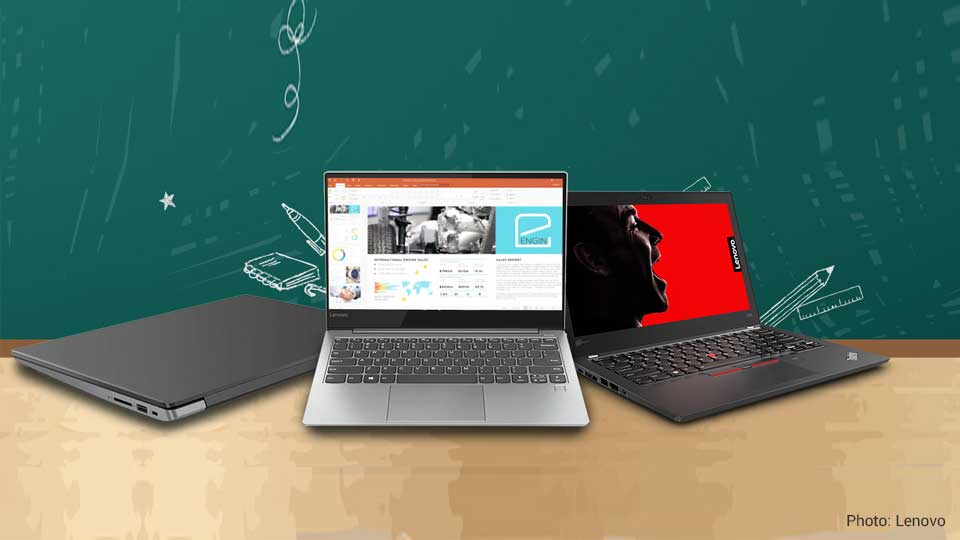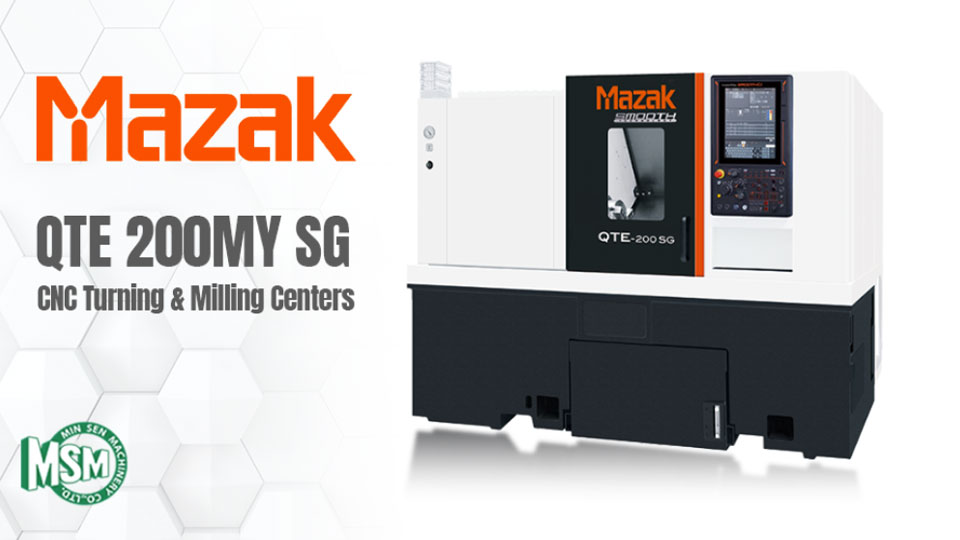
Lenovo Delivers Robust Revenue and All-Time Record Pre-tax Income for FY19/20, Weathering Global Economic Challenges to Emerge in Position of Strength
Lenovo Group (HKSE: 992) (ADR: LNVGY) today announced robust results for its full fiscal year and Q4, demonstrating the company’s position of strength amid unprecedented global transformation. Despite a fiscal year full of macro-economic and industry challenges, the company delivered full-year revenue exceeding US$50 billion (US$50.7 billion) for the second consecutive year. Profitability remained a strength, with historical high pre-tax income of US$1.02 billion, up almost 19% year-on-year. Full-year Net Income was US$665 million, up 12% year-on-year.
Basic earnings per share for the full year were 5.58 US cents or 43.61 HK cents, and for the fourth quarter the figure was 0.36 US cents or 2.80 HK cents. Lenovo’s Board of Directors declared a final dividend of 2.77 US cents or 21.50 HK cents per share for the fiscal year ended March 31, 2020.
“Amid one of the most significant periods of global change and transformation we have ever seen, Lenovo significantly transformed its business over the past year. From achieving record PTI of US$1.02 billion to reaching near record revenue of US$50.7 billion, I could not be prouder of our strong performance,” said Yang Yuanqing, Lenovo Chairman and CEO. “I am also unbelievably proud of how we continue to respond to the global pandemic, as both a business and a corporate citizen. While the world continues to face uncertain times, I’m confident Lenovo will leverage its operational excellence and global footprint to continue implementing our intelligent transformation strategy and fully grasp the opportunities our ‘new norm’ provides us.”
Global Economic Factors and Outlook
The last 12 months presented several industry-wide challenges, including geo-political uncertainties, component supply shortages, currency exchange impact, and in the fourth quarter the global COVID-19 pandemic. As relates to coronavirus, the business leveraged the power of 30+ inhouse and third-party manufacturing sites around the world to adjust capacity and rebalance production. This geographical balance and innate flexibility and resilience was at the core of the operational excellence shown throughout the year, ensuring the company continued to manufacture products and deliver orders to customers throughout Q4. Looking ahead, this foundational capability, together with ongoing innovation, will continue to drive business as the company seizes the long-term growth opportunities that the ‘new normal’ of working and studying from home is creating. This trend is not only leading to a growth in PC and smart devices, but also in the supporting data centers and infrastructure to power faster networks and digital consumption.
Fiscal Year Business Group Overview
Lenovo’s Intelligent Devices Group (IDG) continues to lead the company’s strong performance. The PC and Smart Devices group (PCSD), one of the two IDG business units, led the way with revenue for the year of almost US$40 billion, up 3.6% year-on-year. Profitability improved, with pre-tax income a record high of US$2.3 billion (more than 18% year-on-year) and an industry leading and record high PTI margin of 5.9%, up 0.7 points year-on-year. Leadership of the overall global PC market was extended, with share up more than 1 percentage point at 24.5% for the full year. This strong sustainable growth is driven by a consistent strategy to focus on and invest in high-growth segments, with Gaming, Workstations, Visuals, Thin and Light and Chromebooks each outgrowing the market by double-digits in volume.
IDG’s second business group, the Mobile Business Group (MBG), was on target for a breakthrough year until the fourth quarter impact of the required closure of the company’s primary smartphone factory in Wuhan due to COVID-19. Overall MBG revenue declined and pre-tax loss was US$43 million, greatly narrowed by US$96 million year-on-year. The business continued its focus on innovation, reentering the premium segment with the iconic foldable Motorola razr smartphone.
The Data Center Group (DCG) saw overall revenue decline 8.7% year-on-year due to softer Hyperscale demand and significant commodity price declines, but non-hyperscale revenue grew 5.3% year-on-year. This was driven by double-digit revenue growth in Software Defined Infrastructure (SDI), Storage, Software and Services. In particular storage revenue grew more than 50% year-on-year. In addition, non-hyperscale server volume grew by 14% and China revenue by 23% year-on-year. The company also extended its #1 leadership in High Performance Computing with 173 of the top 500 systems worldwide now running on Lenovo.
Transformation businesses demonstrated solid progress. Smart IoT revenue almost quadrupled (+296%) year-on-year driven by augmented and virtual reality, Smart Office and Internet of Things. Smart Infrastructure grew 37% year-on-year as Network Function Virtualization started to generate revenue. And Smart Vertical revenue more than doubled (+133%) thanks to strong growth in Data Intelligence Business Group, smart healthcare and smart education solutions. Software and Services had a breakthrough year with record revenue* of US$3.5 billion, up 43.2% year-on-year and becoming the catalyst for the Group’s overall transformation.
Q4 highlights:
Group revenue for the quarter was US$10.6 billion, down 9.7% year-on-year. Pre-tax income was US$77 million and Net income US$43 million.
PC and Smart Devices delivered a strong quarter. Revenue was down 4.4% year-on-year, but pre-tax Income improved by 15% (US$525 million v US$458 million) year-on-year, extending the company’s industry leading profitability by 1 whole point to a record high of 6.2%.
PC volume outgrew the market by four points, extending the company’s leadership and #1 global market position. PC revenue outgrew the market in all geographies around the world.
The Mobile Business Group was impacted by COVID-19 with the company’s primary global smartphone factory in Wuhan shut for much of the quarter. Despite this the business leveraged its global manufacturing footprint and produced 6 million phones during the quarter.
In Data Center, server volume continued double-digit growth (14%) year-on year. Hyperscale revenue remained a challenge due to a significant commodity price drop, but non-hyperscale business grew revenue almost 4% year-on-year, driven by the key growth and profit driver segments of Software Defined Infrastructure, Storage, Software and Services.






